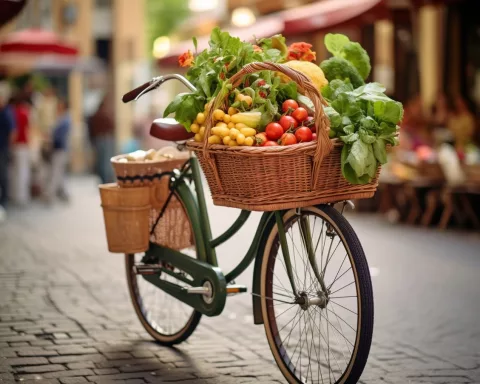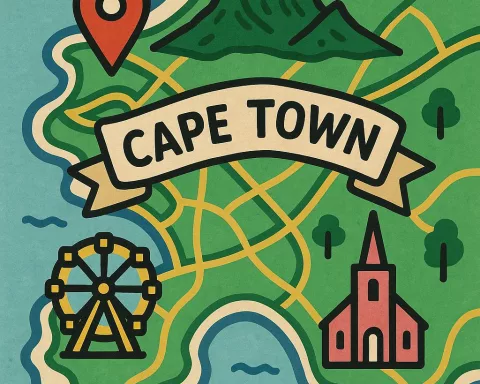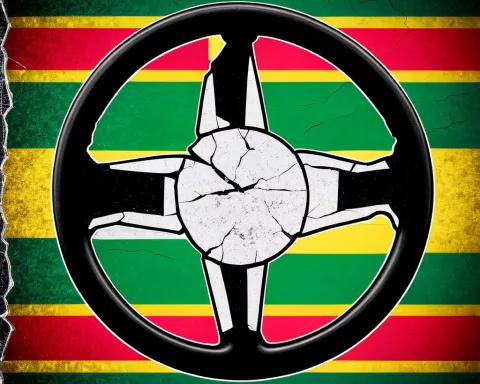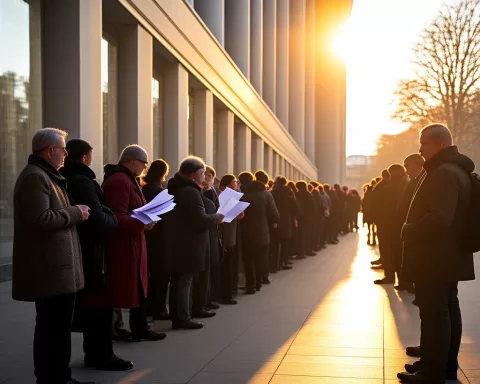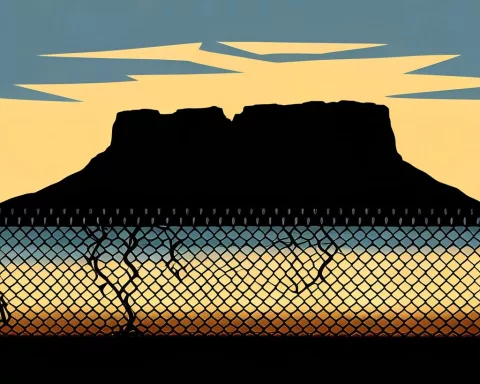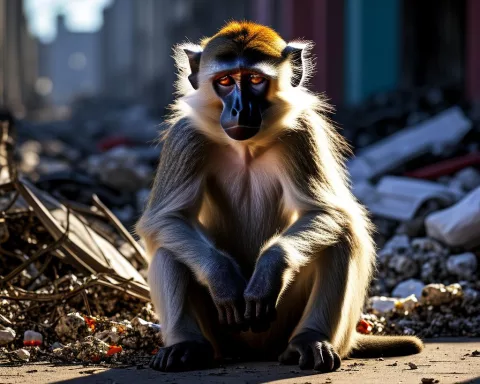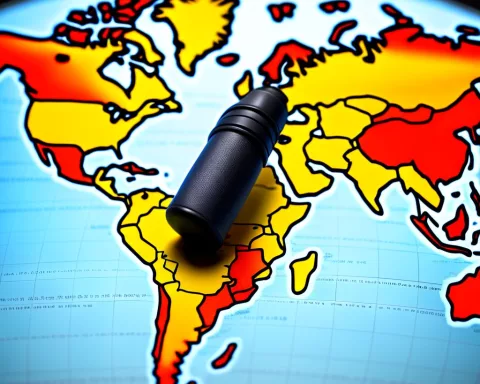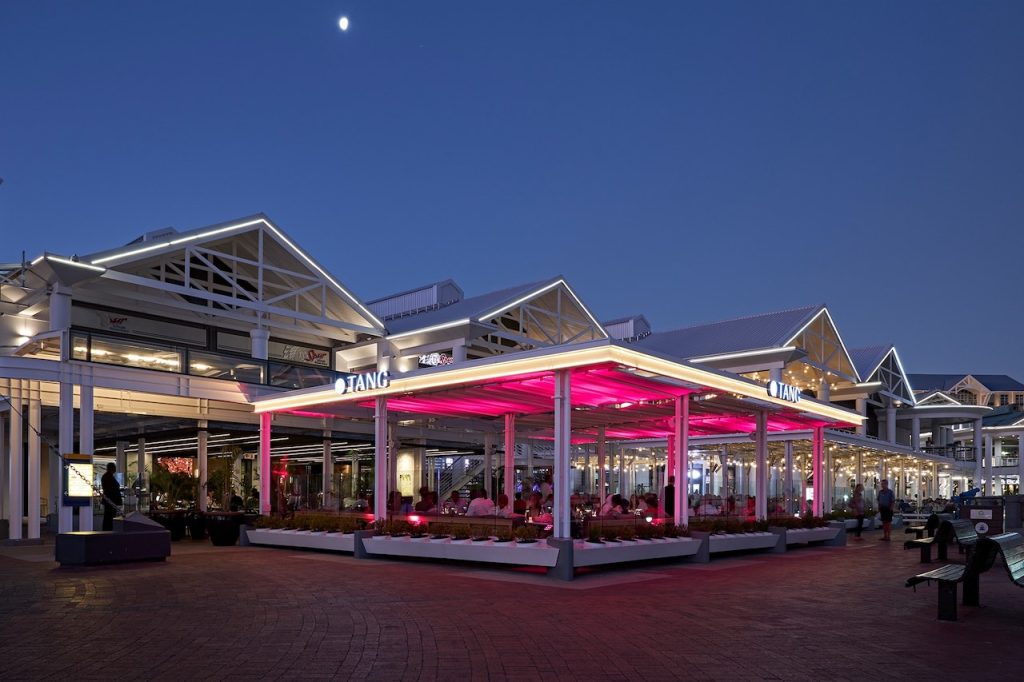Cape Town News
South Africa’s Road Accident Fund (RAF), once a promise of support for accident victims, is now in deep trouble. Years of boardroom fights, poor leadership, and costly legal battles have drained its money and slowed payments to those who need help most. The government stepped in, dissolving the board to fix the chaos and restore public trust. With urgent reforms planned, there’s hope the RAF can heal and once again protect thousands of families facing hardship after road accidents.
Martin Korver, a director of two companies in Cape Town, stole millions by secretly moving company money into his own accounts. His scam broke trust and left the businesses struggling with big losses and debts. The court punished him with house arrest, community service, and forced him to return some money, sending a strong warning against whitecollar crime. This case shows how important it is to watch closely for fraud and keep South Africa’s businesses honest and safe.
SASSA is changing how social grants are given in South Africa by using new technology like biometric checks to make sure only the right people get help. This helps stop fraud but means many must visit offices for reviews, causing long lines and stress for some. Payment dates have also shifted for those under review, urging people to update their information quickly. While these changes aim to improve fairness and efficiency, challenges remain for those without easy tech access or who live far from service points. SASSA’s goal is to balance smart systems with care, so no one loses the support they need.
South Africa’s rivers quietly carry more than water—they now flow with traces of lifesaving HIV medicines called antiretroviral drugs (ARVs). These drugs enter rivers through wastewater and disturb the delicate balance of aquatic life, from tiny snails to helpful bacteria. Although these medicines heal people, their presence in water poses new risks that current treatment plants struggle to remove. Scientists warn that protecting both human health and nature requires better technology, stronger rules, and teamwork to keep these vital rivers safe for the future.
Cape Town is fighting a new South African law that takes away local control over buying goods and services, which the city says could slow down urgent actions like emergency supplies. The city’s leaders worry this law will make it harder to respond quickly in crises and weaken democracy by centralizing power in the national government. Cape Town’s bold move to bring the case straight to the Constitutional Court shows how serious the issue is, as it could shape the future balance between national rules and local freedom. Many people are watching closely, knowing this decision will affect not just Cape Town but the whole country’s way of governing.
Morton & Partners has opened a new radiology centre in Cape Town’s Riverlands Mall that feels warm and welcoming, not cold and clinical. Using advanced AIpowered MRI and CT scanners, the centre offers quick, sameday appointments in a cozy space designed for patient comfort. It also features a special Women’s Wellness area and easy access for busy city residents. This new centre blends cuttingedge technology with kindness, making health scans easier and less stressful for everyone.
The South African Police Service (SAPS) struggles with deep public mistrust because of its dark past in apartheid, ongoing corruption, and harsh treatment of citizens. Many people feel unsafe and ignored, with only about 22% trusting the police today. Despite official ceremonies and promises of reform, everyday life shows a different story—where police often fail to protect or respect communities. This broken trust leaves neighborhoods relying on themselves, hoping for a kinder, fairer police force in the future.
Elsies River, once a quiet suburb, now lives in fear of smashandgrab attacks that happen at busy intersections. Organized gangs use children and women to trick and rob drivers quickly and smartly. Poverty, broken neighborhoods, and weak police efforts help criminals operate with little fear. Despite the danger, the community stays strong, using technology and looking out for one another to stay safe. But real solutions need fixing deep problems like poverty and lack of chances for young people.
In Ocean View, Cape Town, a shocking video showed a group of men cruelly killing a baboon, causing a wave of anger and sadness across the community. The SPCA and local authorities quickly launched an investigation, offering a reward for information to catch those responsible. This tragic event sparked a strong call for justice and deeper reflection on how people and wildlife can live together peacefully. The community’s response highlights the urgent need for kindness, protection, and shared responsibility toward animals.
South African humour is rich and colorful, mixing many languages and cultures into lively jokes and stories. It helps people connect, stay strong, and even fight back against tough times. From busy city cafés to quiet townships, laughter is everywhere—lightening heavy hearts and bringing people together. Famous comedians like Trevor Noah show how humour can turn pain into hope, while everyday jokes keep communities close. This unique blend of playfulness and resilience makes South African humour a powerful and joyful part of life.
Cricket is shining a bright light on the Cape Flats, a place often shadowed by violence and hardship. On dusty fields, young people find hope, safe spaces, and the chance to dream beyond their tough surroundings. Programs like the Cape Flats Sports Academy help kids learn, grow, and escape cycles of crime through sport and mentorship. With new facilities and support, cricket is more than a game here—it’s a powerful way to change lives and build a stronger, hopeful community.
Red Bull Dance Your Style 2025 in Cape Town is a lively street dance contest that brings together dancers from all over South Africa to show off their unique moves and styles. The event turns the city’s V&A Waterfront into a buzzing stage where music, culture, and community come alive. With the crowd voting for their favorite dancers, each performance becomes a thrilling moment of creativity and spirit. Young stars like Aimsley Fortuin shine bright, inspiring hope and pride in their neighborhoods. This competition is not just about winning—it’s a joyful celebration of South Africa’s rich dance heritage and the power of selfexpression.
Wilderness Search and Rescue (WSAR) in the Western Cape is a brave group of volunteers who help hikers and adventurers in trouble among the wild mountains and forests. Using teamwork, training, and new technology, they respond quickly and free of charge to emergencies, often saving lives. Whether it’s a lost group, an injury, or sudden bad weather, WSAR shows how courage and community come together to keep explorers safe in nature’s tough playground.
South Africa’s hidden coastal villages like Scarborough, Jacobsbaai, Koekenaap, Vermaaklikheid, and Suiderstrand are quiet places where time seems to slow down. Here, peaceful beaches, rugged landscapes, and simple local life invite visitors to relax and connect with nature. Without crowds or noise, these villages offer a chance to pause, watch sunsets, listen to the wind, and enjoy the calm beauty of the sea and sky. It’s a special kind of journey where the real treasure is slowing down and finding peace.
The 2025 Rugby Championship features a star lineup of experienced referees from six countries, led by New Zealand’s Ben O’Keeffe, who will oversee key matches including the opener in South Africa. However, no South African referees are included, sparking debate about fairness and recognition in officiating. These referees travel across four continents, bringing their unique styles to intense, highstakes games. Their work blends skill, pressure, and diplomacy, shaping the flow and spirit of the tournament while preparing for the 2027 Rugby World Cup. Fans watch closely, knowing every decision can change the fate of this epic rugby showdown.
Cape Town’s Vision 2050 is a bold plan to build a fairer, greener, and more connected city. The city aims for most people to use public transport, rely on renewable energy, and have better water sources by midcentury. It also plans to create thousands of affordable homes each year to help bridge social divides. This vision invites everyone in the community to join hands and shape a future where Cape Town’s history and beauty inspire a brighter, united tomorrow.

